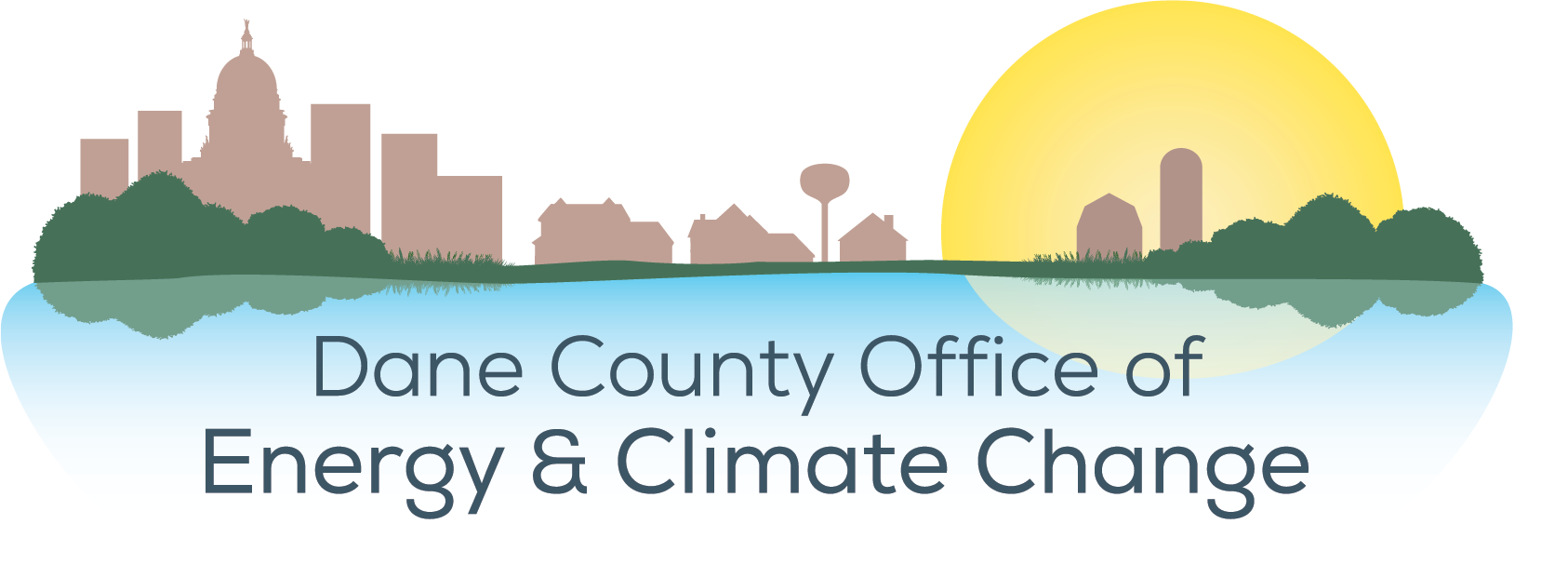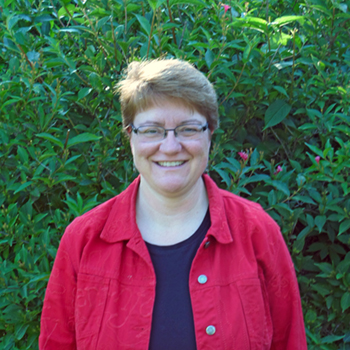

OECC launched its climate action efforts during difficult times. While we appreciated the momentum we received from the Biden Administration, we are prepared to lead with or without that assistance.
Recent federal announcements raise questions about the future of programs funded via the Inflation Reduction Act (IRA) and the Infrastructure Investment and Jobs Act (IIJA). However, several key points are important to understand:
If you have questions about the status of other efforts,contact the agency leading those efforts, and check out our blog post for some resources.
Although existing grant-funded programs are likely safe, any funds not yet under contract are unlikely to be awarded. We anticipate that Congress will claw back unspent grant funds as part of their next budget bill. We expect that at least some of the IRA tax credits will survive but that, too, is up to Congress in the budget bill. Lastly, we do not anticipate additional dedicated federal funding for climate action in the near future. Replacing these substantial federal funds at the state or local level is near impossible.
All of that means that, as is often the case, progress will be up to us. If we stop applying for the clean energy tax credits then, yes, that opportunity will be lost. If we stop work on federal grants (thereby violating the terms of the grant agreement) then it is likely we’ll lose that funding too because the Administration will have cause to cancel the grant agreement. And if we stop innovating, well, then the innovation will stop.
And let’s be clear: perseverance is not easy. It takes time to wade through new federal proclamations and to field questions from local officials and constituents who are concerned about the future of various efforts. The cutbacks in federal staffing mean that it takes longer to get responses from agencies. We are all living amid increased uncertainty and that is stressful and it is exhausting. Sometimes it seems like it would be easier to just give up, to abandon efforts to green our communities.
And one could easily argue that the Administration seems to prefer that we give up, that we abandon our efforts to achieve a clean energy economy that benefits everyone in Dane County. The reductions in federal staffing, multiple Executive Orders, unlawful acts to cancel contracts and resulting lawsuits jeopardize our ability to focus and to make progress toward our goals.
When I get tired I remind myself that this is Dane County. Our constituents expect us to lead on climate action. Per the latest Yale Climate Opinion data, 7 in 10 people in Dane County are somewhat or very worried about climate change. Almost 8 in 10 think corporations should do more to address the issue and 7 in 10 think citizens should do more too. No matter who lives in the White House, our stakeholders want to see climate solutions. More, we are well-positioned to lead because we have already been leading—Dane County built the first renewable natural gas landfill facility with offloading capabilities for area digesters in the US and our local partners built the first net-zero public elementary school in the US (Oregon), the first net-zero public safety building in Wisconsin (McFarland), and the largest geothermal network system in the US (Epic). We have the vision, the experience and the public support to lead on climate action. So, lead we will.
After the passage of the IRA, when funding for climate action felt ubiquitous, I thought the top priority for us at OECC was connecting locals to the federal opportunities. The numerous federal funding opportunities prompted us to create website resources, do presentations at numerous events, etc., so that folks were aware of those resources.
Today, the priority feels different. Now, we need to be the catalyst to connect folks to each other and remaining resources in ways that can facilitate ongoing action and resilience. With fewer federal funding opportunities, we need to more deeply integrate climate action into existing priorities around housing, transportation, food security, public health and more. Our efforts will need to be more innovative and more collaborative. While the IRA made it possible for entities to do amazing things on their own, teamwork is going to be especially critical going forward. We were already talking about strategies that deliver multiple benefits—economic security, better health outcomes, increased community resilience. Now, we need to be even more explicit in listing all the benefits of climate action.
As we contemplate the challenging path ahead, we are immensely grateful for all of our partners—local governments, school districts, private businesses, nonprofits, faith communities, and climate activists. In challenging times, we so appreciate that you are our collaborators in this quest.
Onward, together –
Kathy Kuntz

Kathy is the Director of the Dane County’s Office of Energy and Climate Change. In that role she's leading efforts to implement the Climate Action Plan. Prior to coming to Dane County, Kathy led Cool Choices and, prior to that, she led Wisconsin's Focus on Energy program.
The Dane County Office of Energy & Climate Change maintains this blog as a way to offer:
To be sure that you don't miss new blog entries, subscribe to our email updates.